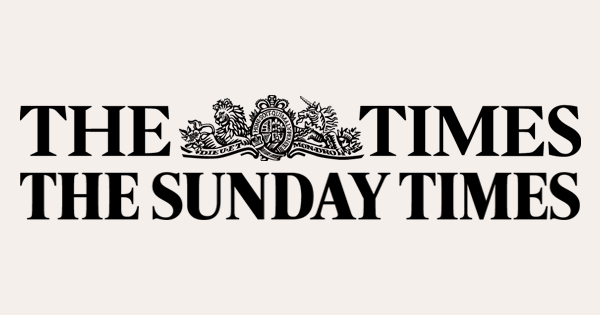Discounted return train tickets will be scrapped with passengers having to buy single fares, under rail network reforms expected to be announced this week.
Mark Harper, the transport secretary, will outline the government’s vision for solving the long-running rail crisis with a “Fat Controller” public body placed in charge.
Passengers could be faced with a stealth increase in costs if discounted return tickets are scrapped and all fares offered at “single-leg pricing” for each stage of their journeys.
Paper tickets could be replaced by smartcards similar to the Oyster Card used across public transport in London and QR-style digital codes, according to a political briefing at the weekend.
Comparisons of the additional costs of single tickets over a return is fiendishly complicated as — according to Rail Delivery Group trade body — the network has 55 million different fares.
Commentators calculated that some trips could be a third more expensive if return tickets are scrapped. The trainline.com ticket service advised it is sometimes actually cheaper to buy single tickets for each leg than a return.
Single-leg pricing was trialled in 2020 by the east coast train operator LNER, the government-owned company which took over the franchise from Virgin in 2018. The company said it would give customers “more confidence they are buying the correct ticket for their needs and ultimately making fares simpler”.
Harper is said to be considering announcing the scrapping of return tickets in a speech on Tuesday when he unveils the end of the “quasinationalisation” of railways, as the government prepares to unwind a £31 billion state bailout launched during the pandemic.
Train operators will be given back control of the railways and told they have “the freedom to grow revenue” by increasing passenger numbers.
A new public body, Great British Railways, will take over responsibility for timetabling and ticketing from the Department for Transport.
Keith Williams, the former chief executive of British Airways, who led a “root and branch” review of the railways on behalf of the government, proposed a “Fat Controller” from the Thomas the Tank Engine books to oversee the network with limited state intervention.
John Penrose, a Conservative MP and former minister, told The Sunday Telegraph: “Rather than bureaucrats or politicians pretending they know how much each passenger’s journey should cost, why not get lots of different rail firms competing to beat each others’ prices so tickets are always as cheap as possible?”
Commuters will sigh at the prospect of yet another reform of a network plagued by delays, cancellations and soaring tickets costs on top of bungled, overrunning and over-budget infrastructure work, incompetent management and a truculent workforce, despite receiving billions of pounds of state subsidies.
Mick Whelan, general secretary of rail union Aslef, warned that strikes by train drivers could continue for three more years after most services were cancelled last Friday due to industrial action in the dispute over pay and conditions.
Passengers also face having some services cut further with the TransPennine Express said to be considering reducing the number of carriages on trains from six to three.
Northern, which is operated by the government, is considering proposals to cut the frequency of services from Lancaster to Morecambe despite Rishi Sunak visiting the resort last month to award £50 million from the levelling-up fund to build a new Eden Project.
The Equality and Human Rights Commission raised concerns about the impact of ticket office closures and the expansion of driver-only operation on disabled and vulnerable travellers.
The commission, responding to a letter from politicians about the changes, said it shared their concerns “that changes to how some rail services operate are making rail travel more inaccessible”.

